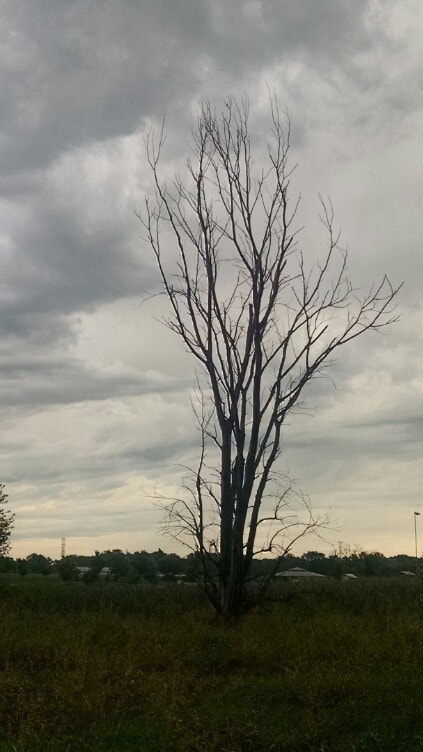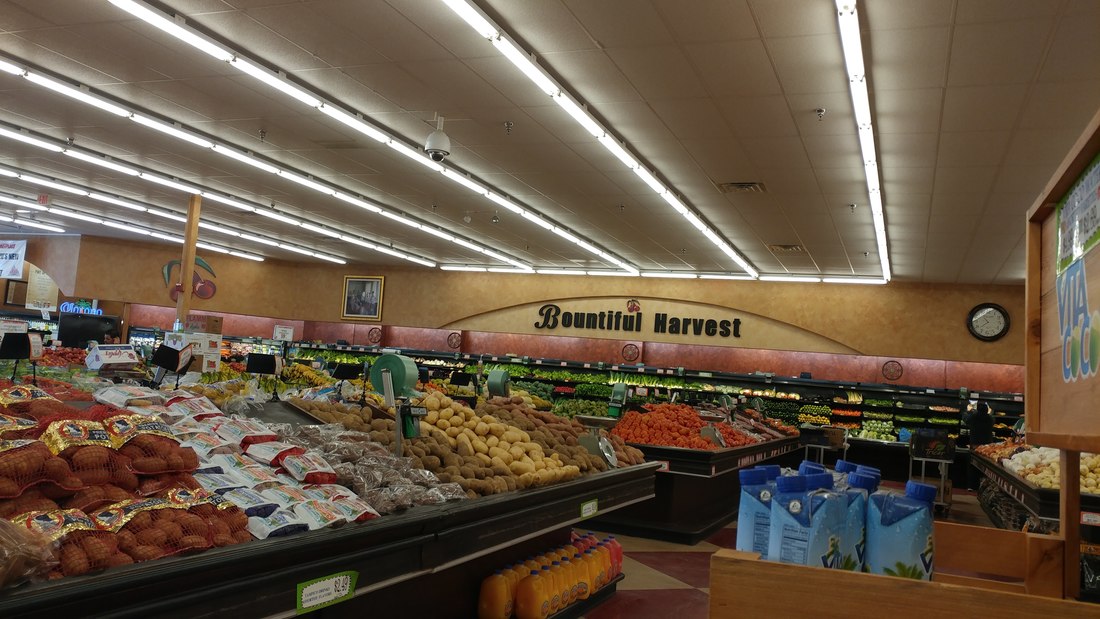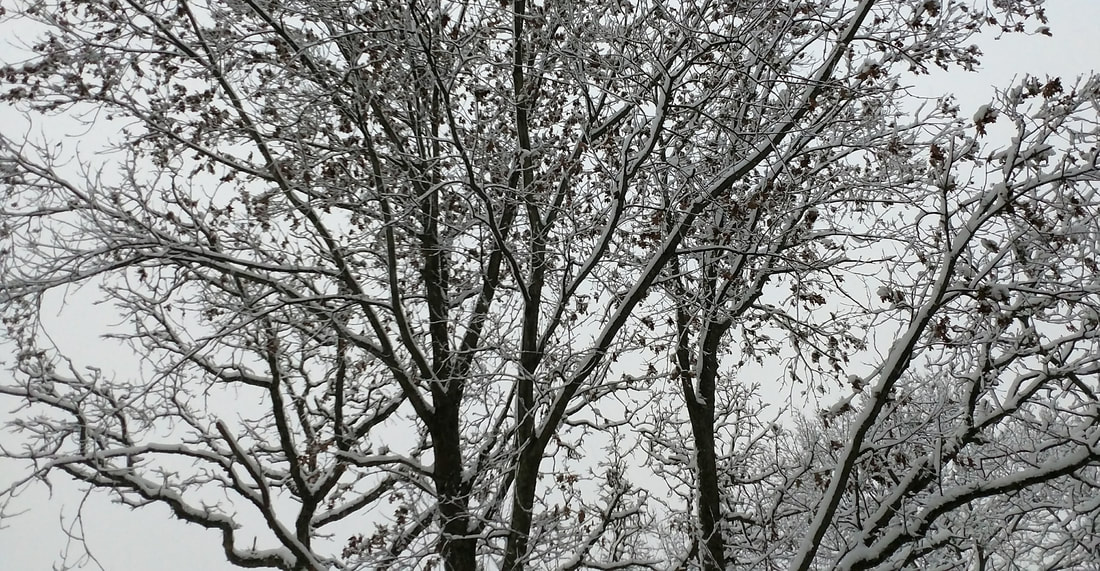|
There is a TV commercial these days selling end of life insurance. The commercial claims that the average funeral costs over $8000. The true cost of an average funeral is closer to $10,000, which does not take into consideration the cost of burial. How have we come to a place where dying costs so much? How have we come to a place where we require people to hire a private entity? Makes me wonder how state governments who have imposed such a heavy burden think of the people they serve. They must either have no regard for the people, or they must think that their people are just not intelligent enough to fill out paperwork. My heart is so heavy for those who cannot pay the high price of death. Some must leave their loved one’s body behind for the local government to care for them. Some families go into debt just so that they can care for their loved one’s body in a manner they deem worthy. Some must make choices in death care that they would rather not make, just because the price is easier to manage. The industry seems to chug along with only those who see the destruction and corruption stand up and try to make a change. I think $10,000 is too much for an average cost for death. Do you? If you do, write your representatives on the State and Federal levels. Tell them what you think about this practice. The average cost is too high. The average cost leaves out so many of our fellow human beings. The average cost is too high, and absolutely unjust.
0 Comments
For the last few weeks, I have been grieving a monumental change in my daily life. I am not, nor are those close to me facing imminent death, but the loss feels monumental none-the-less. When I lived in Canada, my father loved going to my local grocery store, Fortinos every time Mom and he would come to town. My father waited almost five years before a fabulous grocery store, Joseph’s, opened in his own town. I remember vividly Dad taking my first born and me to Joseph’s. He loved store’s dedicated aisles to different ethnic groups, its produce and meat department. Joseph’s had a wide variety of unusual products. If needs be, you could purchase a pig’s head. I am not too sure what one does with a pig’s head, but I knew where you would need to go to purchase one.
When I moved here, I felt the loss of my dear grocery store, but I had Joseph’s. Through the years I shopped there regularly. When I need to make a Serbian dish, I could go there and know they would have the ingredients that a “regular” grocer would not carry. The store allowed a person to explore a variety of different ethnic cuisines. If you were adventurous, you could begin your culinary journey at Joseph’s. Then, about two weeks ago, I walked into Joseph’s. I noticed many shelves were empty. I could not purchase any canned tomatoes and the pasta isle looked like locusts had descended. I found what I needed, and then I went to check out only to find one checkout lane open. I had been there a just few days before. I had chatted with a butcher who told me a product I was interested in would always be in stock. It was not like I had been away for weeks. I felt a sinking feeling in my stomach. I went home and check out the Facebook page, rumors were swirling about its closing. I went into denial. It took me a week to get up enough nerve to ask someone at the store about the rumor. Then the news hit the papers. I spent time purchasing food that I could freeze or store. I bounced around denial, anger and bargaining for more than a week. Why would a store closing cause such a disruption? I have been through stores closing before. While that is often a sad time, I am not usually disturbed by it. Then it hit me. I am responsible for making sure family recipes remain part of the family. I am the one left standing who plans the feasts and prepares the food to create and maintain family tradition. Because of the family I married into, there are important ethnic recipes that I make. These often have components that the mainstream North American grocery store would not carry. I loved having a local store where I could go and get these so that I could keep the Serbian flavour in the family. The other aspect of the loss has to do with losing my father. Going there would remind me of him. I miss him. Losing this store reminds me keenly of the loss of my father. The closing reminds me of how much I have already lost, and how I have tried to maintain connection to those I love. This week, I have decided that since Joseph’s is breaking up with me, I need to see other stores. I am currently on the lookout for a new ethnic store. I have already looked about a bit, and I am planning in the next few weeks to check out more stores. I have come to accept the reality of my present circumstances and am moving forward. I will broaden my horizons and maybe I can find an even better shop that will meet my needs. Maybe I will take my friend up on teaching me how to ferment my own cabbage leaves. We will see. Sometimes it takes a while to sort through feelings before reaching acceptance. I have to say, I like living in acceptance more that the grief process, but the process often teaches me things I would not otherwise have seen or known. I will miss the convenience of Joseph’s and the memories I have of shopping there with Dad. Change is like a little death. We live through constant change on a daily basis. We move through these little changes – changes in the weather – changes in the way the light shines –changes in our outlook—changes in so many different ways. The small changes we take in stride. It is what we do. Parts of our lives, however, settled in becoming essential parts of our story. These things become so much a part of our lives that when change happens it unsettles us. We can mourn these changes. It is really an ok thing for us to do. Sometimes we get the message that we should not mourn changes. Those in our lives tell us that these changes are just a part of life, and so get over it. Sometimes people in our lives find witnessing mourning uncomfortable. Witnessing loss might remind them of their own grief or loss. Do not take their words to heart—take care of your own needs.
I remember talking to a social worker about September 11. I found it hard to manage the loss of the World Trade Center. I felt so stupid and heartless because I felt a loss of a building when so many actual people had died. The building had become so much a part of my story of living in New York, and my time with my husband, that the loss was so great for me. This woman worked with many children in New York following the attack. She told me that children in New York felt the same way I did about the loss of the building because the World Trade Center was like a person to them. Many New York children would nightly say goodnight the World Trade Center. The losses of the buildings were very personal for those children—and me. I was grateful for her words, and allowed myself to grieve the loss of the buildings, even if those around me did not understand. Sometimes, we just have to allow ourselves to grieve when we feel a loss, even the small losses or the unusual. Denying the loss does not help us move forward anyway. What does it hurt to acknowledge the change and mourn the way things were? Having done that we can move toward accepting the truth of the reality of our new lives. Isn’t that a much more healthy perspective? Last week I wrote about how to make and revise your death care plan. I know that this kind of document might be difficult for many of us to make. Many of us would rather pretend that life goes on and somehow we can beat the odds. We might be convinced to make some kind of plan for after our death. Maybe we can make a plan of what to do with our bodies and maybe what kind of memorial we want. Can we really plan for the kind of death we want? Sure, one never knows when death will come and that is what makes planning so difficult. What I mean is that we might take the time and think about what kind of care we wish to receive if we face a long term illness where death appears to be most likely. Sure, we need to be aware of the medical options we face, but that is different. This process is more about the way you want to approach death. This is about a different kind of care planning. This care planning focuses on what feeds the soul and brings us joy. Questions We Might Ask:
This planning gets overlooked so often. We go along living our lives, hoping that we have time. What we miss is that when we think about what we want to surround ourselves before death, and the kinds of things we might need to take care of, we notice that this list is more about living than death. Why then do we not live life according to what brings us joy? That is the question of the ages. I do not know the answer. When it comes down to the brass tacks, this kind of planning says more about what kind of life we want. Perhaps this process might focus you into living a different kind of life. Perhaps it will just intrigue you. I do hope you find value in this process. Even if we cannot manage to live life the way we wish, we need to allow ourselves permission to think about the kind of death we would want should we have the chance to plan such a thing. No one of us knows when the end will come. We do not know the circumstances of our death, but we can take time to think about the kind of care we would like to receive from those who love us best. Our ideas might just give them a chance to focus on the joyful times and maybe give them a direction to help them deal with the prospect of our death. Leaving a caring word might help them more than us. All death care planning is for those who will have to do the work, more than it is for us anyway. I wrote a letter to my family. I do not pretend to know the best or the only way to convey your thoughts and hopes, but I trust that we each have a good and creative way to get the job done. Take heart. The process of making a death care plan might just free you from some of the fear and anxiety you have in facing death. Once we make our death plans, we must revisit this plan from time to time. As human, we should expect that we will change our minds on a few things, and death care might be one of them. Once or twice a year I take my plan out, give it a good look over and revise what needs revising. I do not pretend that this process is fun or easy. Who likes to imagine one’s death? I do not. Making a death care plan is an act of love for those who must do the work. I make and revise my death care plan because I know how hard it is to be the family trying to figure out what to do at the time of death. Having to decide what to do when someone you love dies and not have a clue as to what to do is about a million times more difficult to do than sitting down and making a plan. Keep your plan simple.
Things to Include: Who
To make a death care plan, you will need to do your homework. You need to know your rights. You need to have a clear idea of what you want as a memorial. You will have to talk to those closest to you. Most of all, you have to take your ego out of the process. You have to know that at your time of death; perhaps your family will not have the strength to complete a complicated plan. You have to find ways for your family to create a space for them to grieve. Give them ideas of what they can do and those things you do not ever want. Be clear, but be flexible. Once you have created your plan, make sure your next of kin knows where to find the plan. I suggest not only telling one person, I suggest you let someone outside the family either hold a copy and/ or know where to find the information. If people move away, you might want to find another person closer to where you live who can fulfill this act. Really, anything and everything can happen, having a few people know what where to find the plan only helps when the time comes to enact the plan. |
Caroline Vuyadinov
Archives
December 2018
Categories
All
|






 RSS Feed
RSS Feed